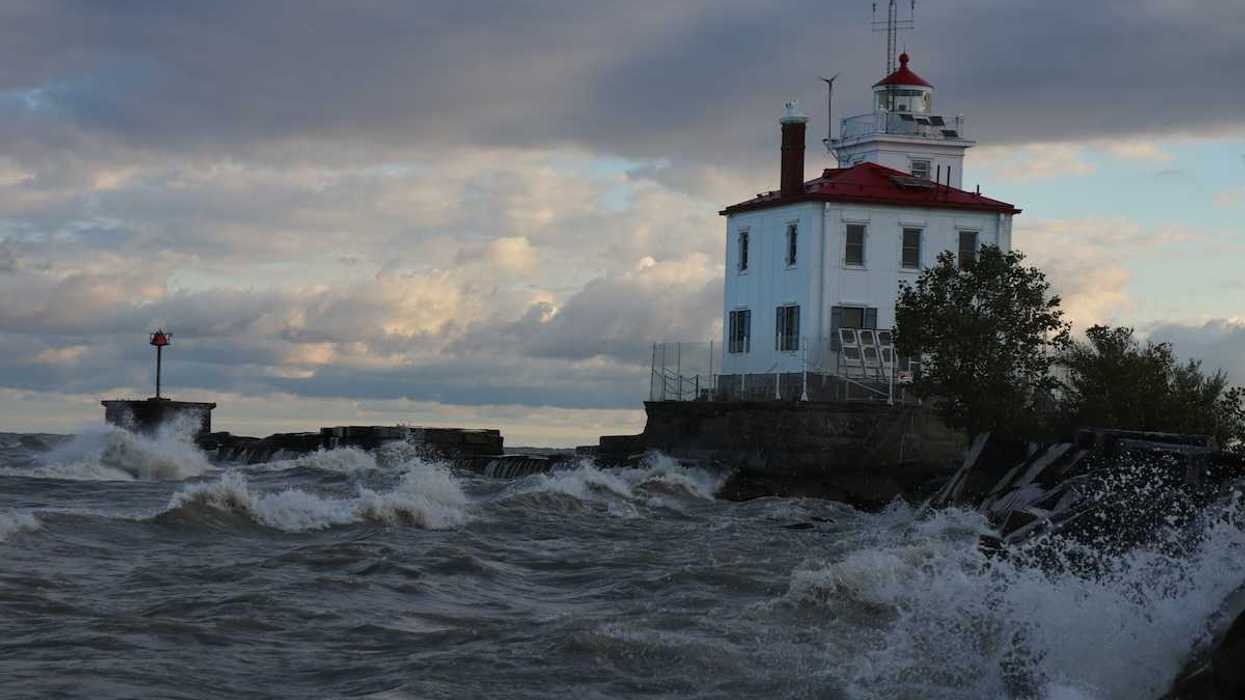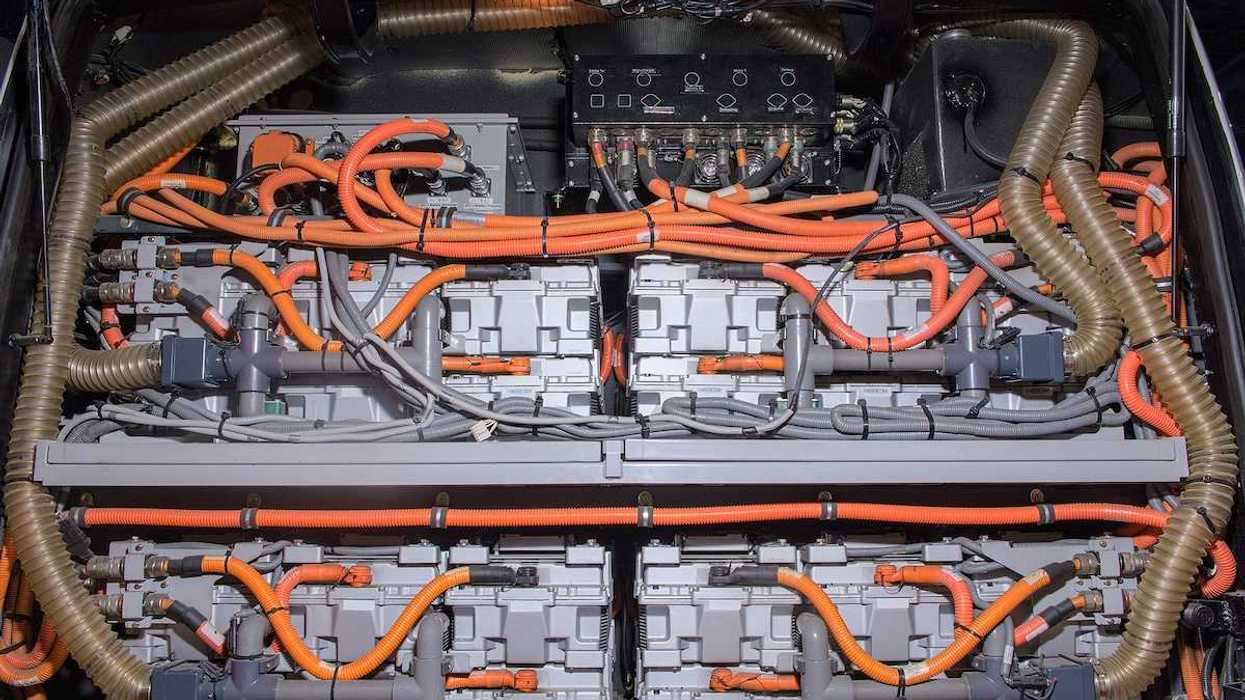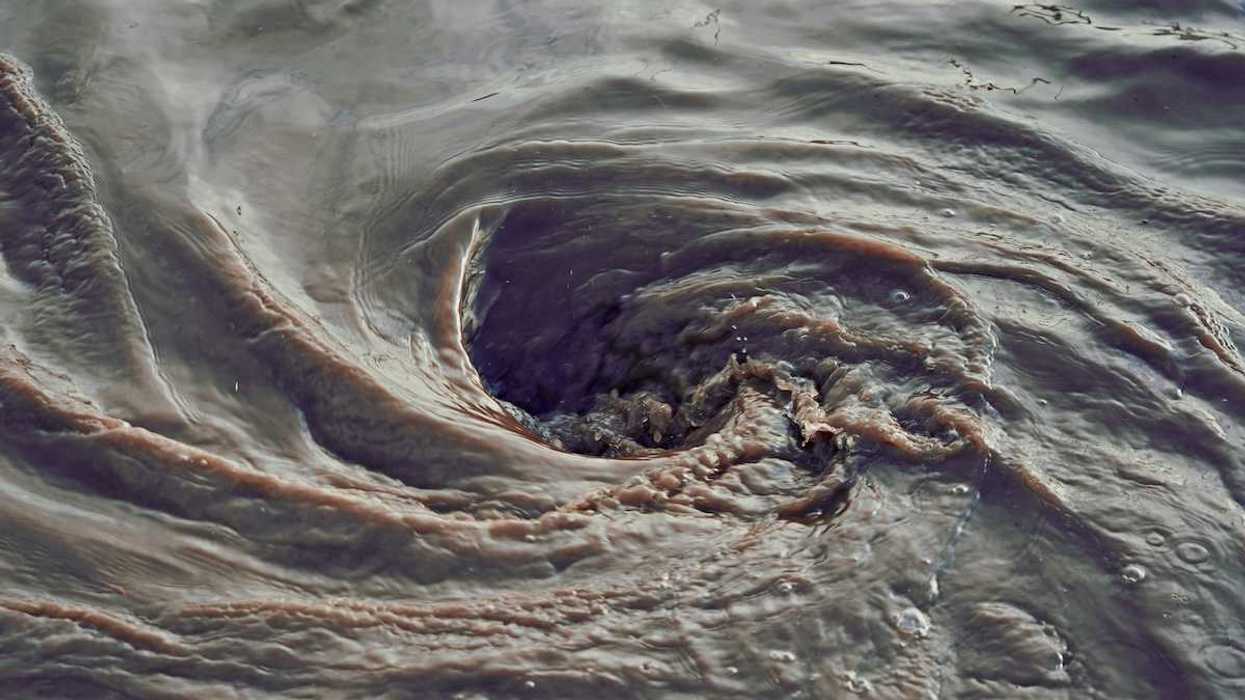New research shows that House Republicans’ plan to roll back clean energy tax credits could raise utility costs and cut household incomes nationwide, hitting both red and blue states.
Dharna Noor reports for The Guardian.
In short:
- A new analysis by the Clean Energy Buyers Association (Ceba) found that repealing clean energy tax credits from the Inflation Reduction Act would raise household utility bills and lower incomes, with at least 19 states affected.
- The proposed rollback, introduced by House Republicans, targets credits 48E and 45Y, which support clean energy investments and production; the plan would phase them out after 2031 and impose new restrictions in the meantime.
- In New Jersey alone, the repeal could cause utility bills to rise by over 13%, eliminate more than 22,000 jobs, and reduce the state GDP by $3.24 billion.
Key quote:
“Now is the time for Congress to incentivize private investment in more sources of low-cost, reliable energy that fuels economic growth and jobs, helps the United States secure energy dominance and independence, and decreases energy costs nationwide.”
— Rich Powell, CEO of the Clean Energy Buyers Association
Why this matters:
The stakes are high: Without continued federal support for clean energy, states may be forced to lean more heavily on older, dirtier power sources, putting climate goals further out of reach and increasing air pollution, which harms both human health and the environment. The research suggests that even conservative-leaning states would feel the pinch, challenging the partisan framing of climate investments and shifting the debate toward the tangible pocketbook effects of energy policy decisions.














